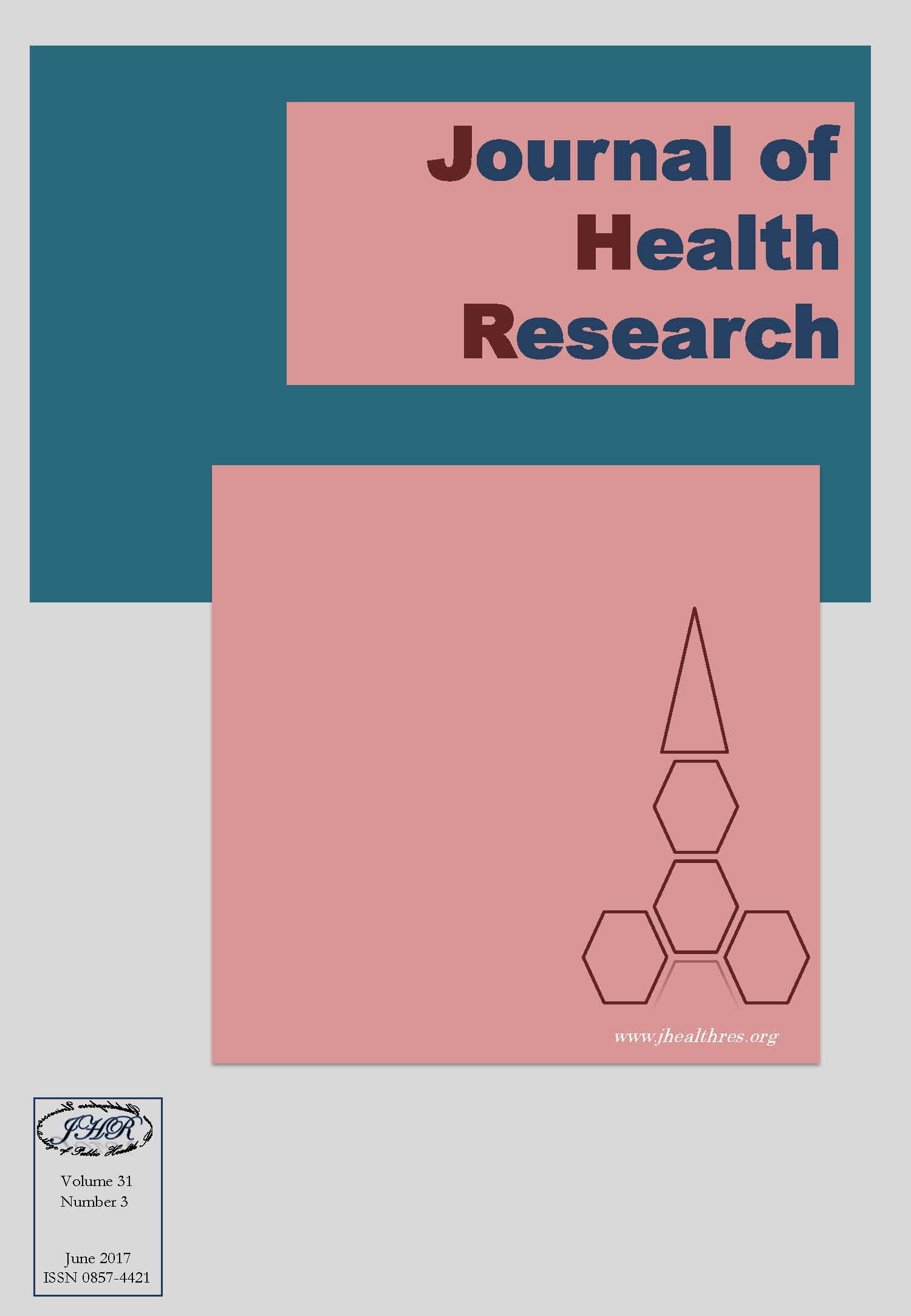Potential of Leptocarpus Disjunctus as Hypnotic Plant: Study on Drosophila Melanogaster and Mice Models
Keywords:
Sleeping analysis, Drosophilla melanogaster, Hypnotic activity, Leptocarpus disjunctusAbstract
Background: Leptocarpus disjunctus Mast. is an edible plant which belongs to Restionaceae family. Although, it was reported to cause drowsiness and sleepiness after consumption, it has been continuously consumed as food or food ingredient in Southern region of Thailand. This research aimed to investigate the hypnotic activity of this plant.
Methods: To evaluate the hypnotic activities, pentobarbitone sodium-induced sleeping time using ICR mice was used to examine the sleep prolongation effect, and analysis of sleeping time in Drosophilla melanogaster was used as a preliminary model for hypnotic plants.
Results: For sleeping analysis, the ethanolic extract of L. disjunctus at the dose of 50, 100 and 200 mg/kg showed statistical significant dose relationship increase in the sleeping time of male ICR mice which was intraperitoneally induced by pentobarbitone sodium. In addition, sleeping time of both male and female D. melanogaster which was detected using infrared beam-split monitors, showed marginal increase in L. disjunctus (5 mg/ml) treated group when compares to vehicle control group.
Conclusion: L. disjunctus has a tendency to be used as a hypnotic plant. D. melanogaster can be used as a preliminary animal model for sleeping analysis.






